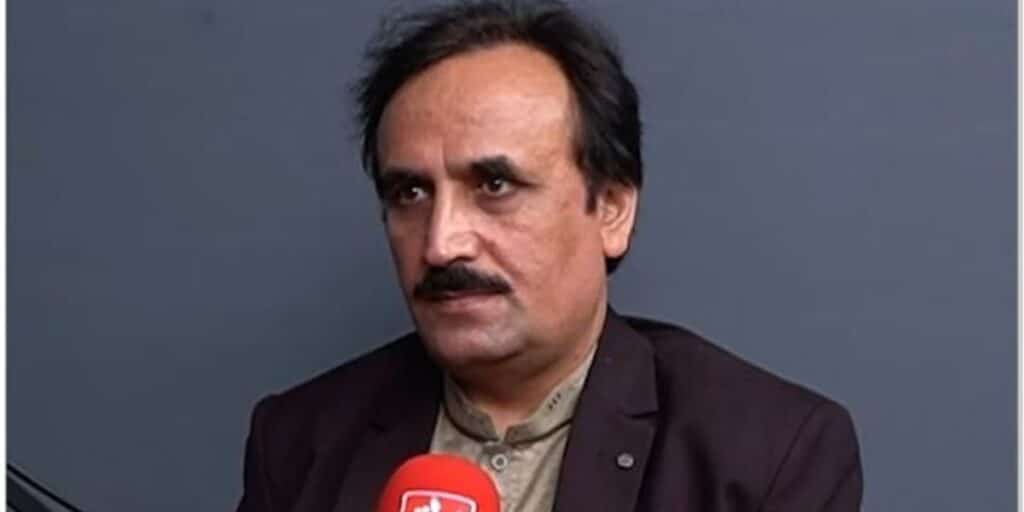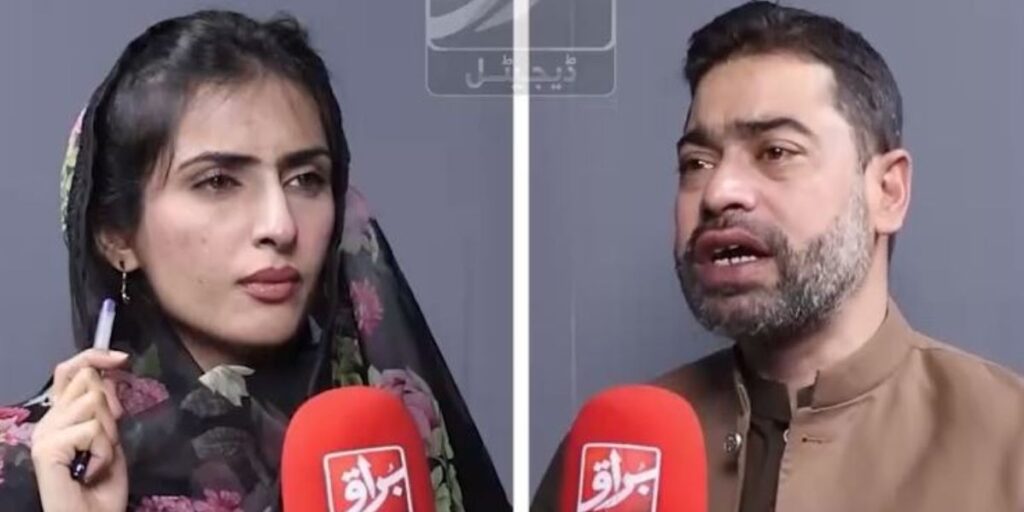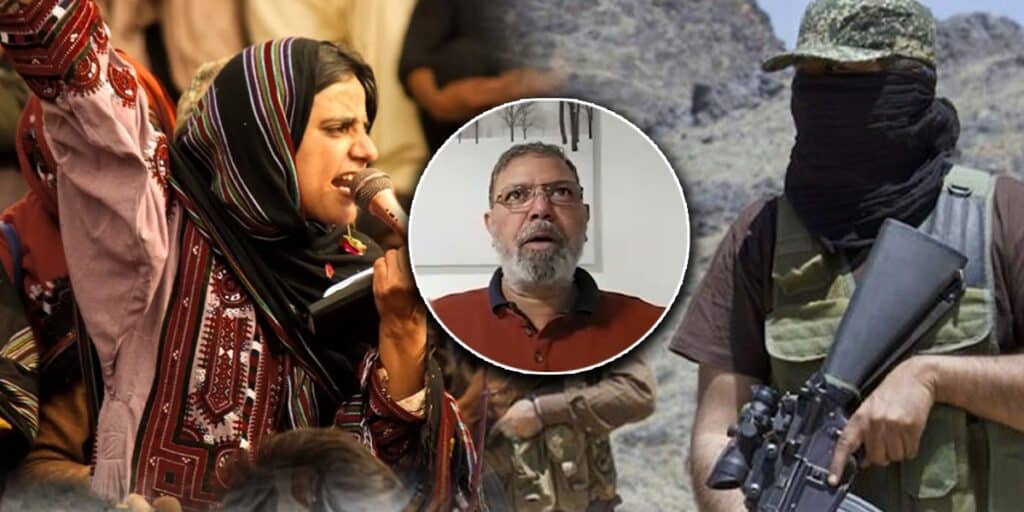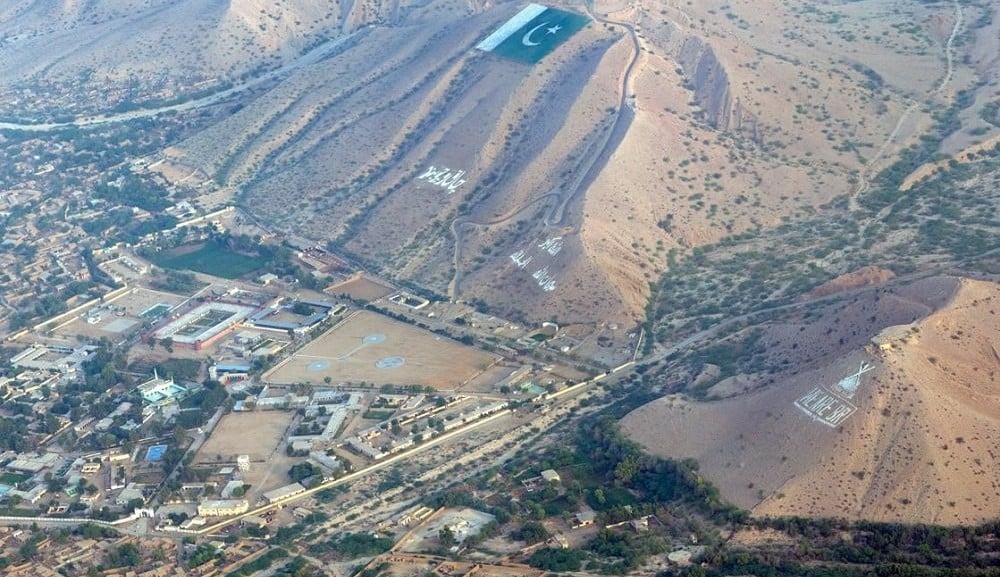Abdullah Khan
The problems in Balochistan are deep-rooted and widespread—ranging from mismanaged resources to weak political leadership.
While politicians have grown richer, the general population remains mired in poverty. One cannot help but question: where did the province’s vast resources go? Massive amounts of money, amounting to billions of rupees, have been recovered from the homes of corrupt politicians and bureaucrats. Balochistan has unfortunately earned a reputation for political corruption, where the same individuals involved in wrongdoing repeatedly return to power.
Hence, both political authorities and policymakers must share the blame for the prevailing chaos.
Today, the crisis is further aggravated by the involvement of foreign elements. Many youths are being misled under the guise of freedom and liberty by anti-state actors. These groups are openly hostile to development initiatives such as CPEC and other infrastructure projects.
They sabotage construction equipment, target foreign engineers, and create security challenges—directly impacting the lives of ordinary Baloch citizens.
Even when locals secure job opportunities, dissatisfaction over available facilities persists, affecting broader provincial progress.
The federal government, too, holds responsibility for this unrest. Although there seems to be a renewed seriousness in addressing the region’s issues, it comes far too late. Balochistan, the largest province in terms of land area, has a sparse population spread across remote regions.
Had past federal administrations ensured the provision of basic amenities such as education and healthcare to Baloch-majority areas, the present turmoil could have been avoided.
The people of Balochistan are not disappointed with the idea of Pakistan but with the political leadership at both the provincial and federal levels.
Their grievances are legitimate—they deserve the right to protest, to express opinions, and to be heard. Balochistan is not just a province; it is the backbone of Pakistan and played a foundational role in its creation.
In the past, efforts were made to bring separatist leaders like Harbiyar Marri and Brahamdagh Bugti to the negotiation table through figures like Dr. Malik Baloch. However, during that period, BLA commander Aslam Baloch was injured in an operation and secretly fled to India for medical treatment.
His unsanctioned trip sparked discontent within BLA ranks.
That moment represented a critical opportunity to decisively suppress BLA activities, which were then under the control of tribal Sardars.
Now, BLA’s operations are in the hands of radical militants whose tactics mirror those used in KPK and Indian-occupied Kashmir—conducting illegal checkpoints and carrying out targeted killings.
Also Read: Balochistan Rising: youth leads the charge against terrorism
The BLA has been responsible for numerous brutal attacks, targeting both Baloch citizens and laborers from Punjab.
Many innocent workers have been executed under false accusations of being intelligence agents. Even within their own ranks, BLA members have killed fellow Baloch, labeling them as informers or Pakistan Army sympathizers.
Security analyst Abdullah Khan, Managing Director of PICSS, asserts there is no doubt about India’s direct involvement in Balochistan.
India has publicly acknowledged its interference.
Moreover, Afghanistan’s NDS is also active in the region. Aslam Baloch was killed in Afghanistan, and Bashir Zeb is believed to be outside Pakistan.
The question arises—who is funding and protecting these individuals?
The attack on the Jaffar Express exposed India’s role clearly: while the international community condemned the act of terrorism, Indian media shamelessly celebrated it. India backs several organizations in Balochistan, including BLA, with funding and logistical support. Tragically, it is the innocent, common people of Balochistan who continue to suffer the most from this externally fueled unrest.
The Author is the managing director in PICSS





